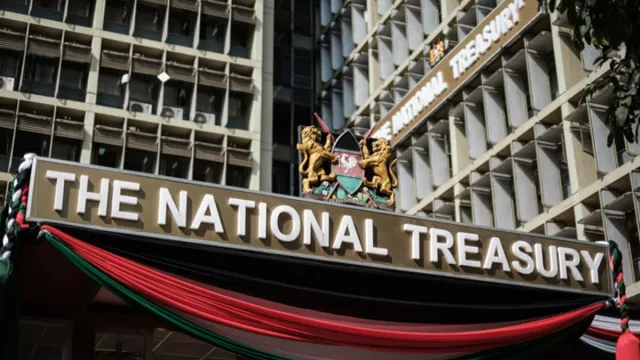Kenya’s foreign currency reserves dip on debt burden, scarce credit

Kenya’s foreign currency reserves dip on debt burden, scarce credit
Debt servicing and restricted access to foreign credit worked in concert to lessen Kenya’s foreign exchange reserves by $365 million (Kes44 billion) in August to $7.38 billion from $7.75 billion in July, according to a Central Bank of Kenya (CBK) report.
This slump in forex reserves leaves the country with just enough import cover for four months, falling short of the four-and-a-half months of import cover recommended by the forex reserves policy of the East Africa Community (EAC).
“The usable foreign exchange reserves remained adequate at 4.2 months of import cover,” CBK said.
Last month, the industry regulator reported that the country’s imports in the first five months this year hit Kes1.02 trillion ($ 8.5 billion).
During the month, Kenya remitted tens of millions of dollars in principal and interest on loans to various lenders. For instance, the National Treasury paid $49.4 million to the World Bank and a further $110 million to the Trade and Development Bank.
High interest rates characterising the international credit environment have dampened Kenya’s appetite for external funding, catalysing the depletion of the available reserves to a five-year low.
Read also: Rising food, fuel prices push inflation to 8.5 percent in August
The limited foreign currency reserves hinder CBK’s ability to stabilise the local currency, which has lost 6 percent of its value against the dollar this year to eventually trade at 120.05 units per dollar at the close of trading Monday.
Reserves act as a shock absorber against factors that can negatively affect a currency's exchange rate, so a nation's central bank uses its currency reserves to help maintain a steady rate, buying or selling depending on which direction they want exchange prices to go.
Additionally, depressed diaspora inflows due to rising cost of living globally have played into the dollar reserves decline as remittances from the United States— which accounts for six of every 10 shillings of diaspora remittances — have also fallen by a monthly average of three percent this year.
Diaspora inflows are a crucial source of foreign exchange for the country and reliable support for thousands of households.



